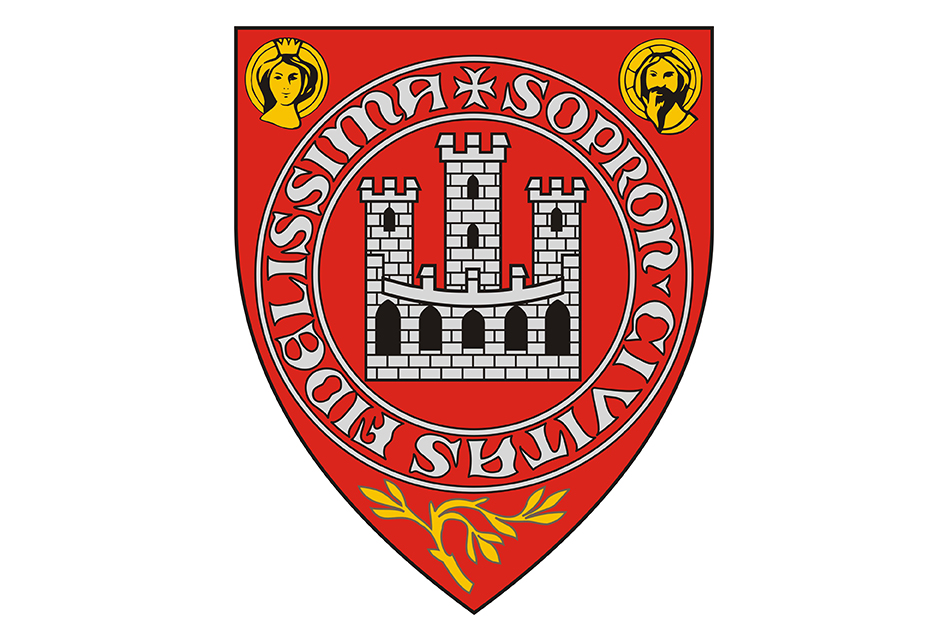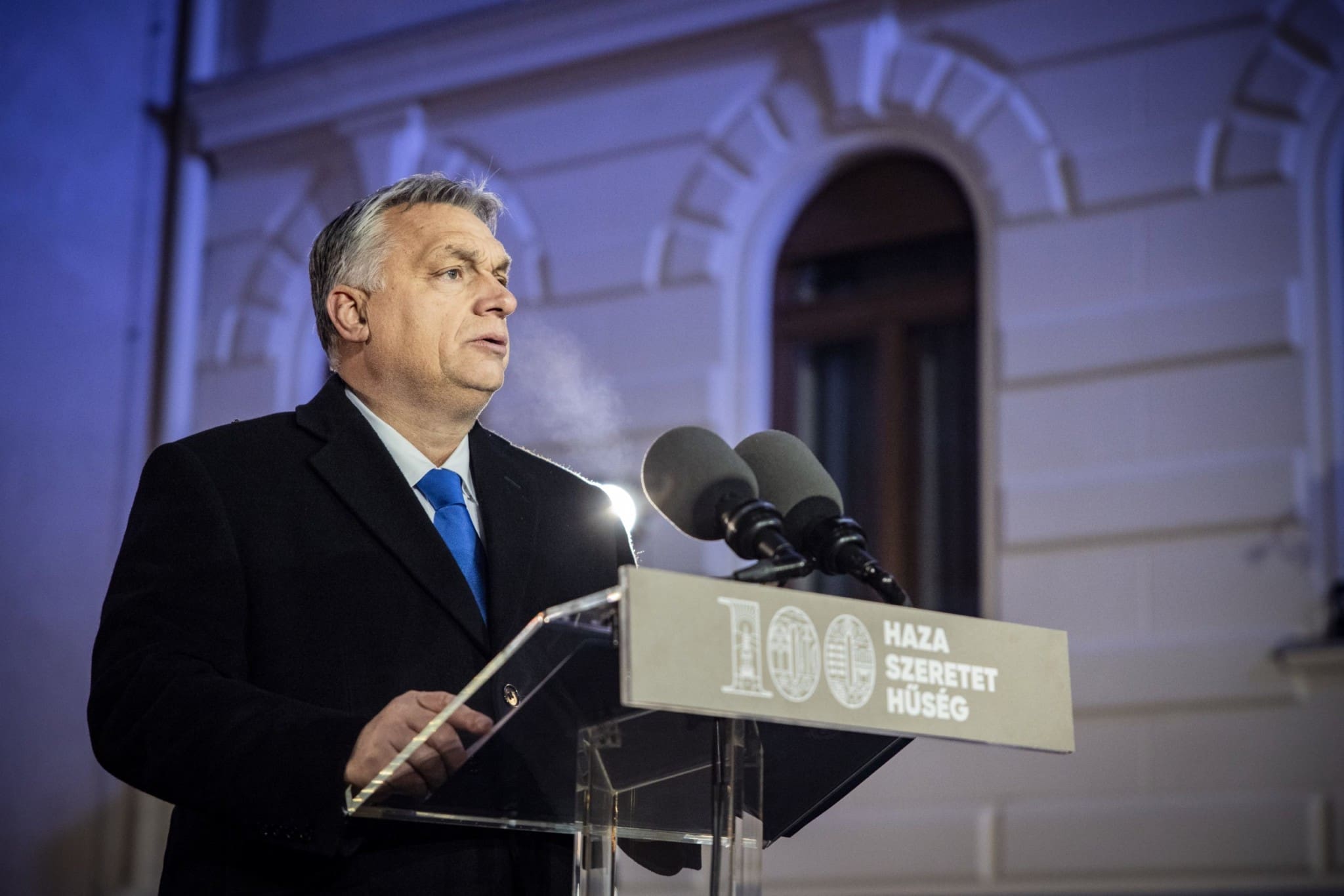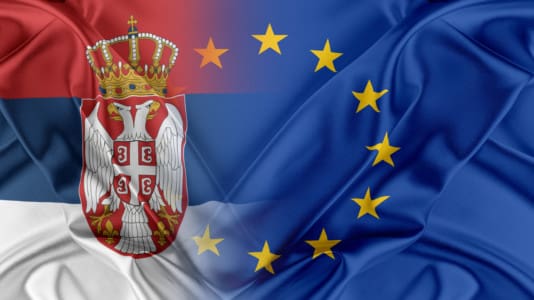The example of the western Hungarian town that chose to remain in Hungary after the end of World War I remains a shining beacon of patriotism, Prime Minister Viktor Orbán said on Tuesday.
“Even after a hundred years, we will come to Sopron to draw strength, as the situation is still difficult today. There is danger in our neighborhood, people are migrating from one continent to another, the country is being hit by a pandemic, and the Goliaths are abusing their power again,” Orbán said.
“They want us to forget our millennial history, our culture, and cut ourselves off from our Christian roots. What was once called the Clemenceau Plan, today it is the Soros Plan, which was once the peace around Paris, is now the United States of Europe,” he added.
On Dec. 14-16, 1921, the western Hungarian town of Sopron and eight surrounding settlements were called to a referendum whether — in the wake of the peace treaties ending World War I — they wanted to belong to Hungary or Austria. At the end of the vote, 89.2 percent of the eligible voters cast their ballot and 72.7 of them voted to remain in Hungary.
On account of that vote, Sopron received the moniker — also incorporated in its coat of arms — “civitas fidelissima.”

Speaking of an upcoming referendum against LGBTQ propaganda, Orbán said Hungarians will again defend their rights.
“We have the right to protect Hungary and secure Hungary’s future,” he stressed.
The prime minister reminded that there were those who campaigned against Hungary and for Austria a hundred years ago and sadly, there are those who behave in the same way today.
“They are the Europeans who give up their faith, their nation and their souls, and they say that we would do better if we became something else, just not Hungarians,” Orbán said, adding that the Europeans are giving up their faith, their nation, language and values.
“But we haven’t let go yet, and we won’t,” he said.






